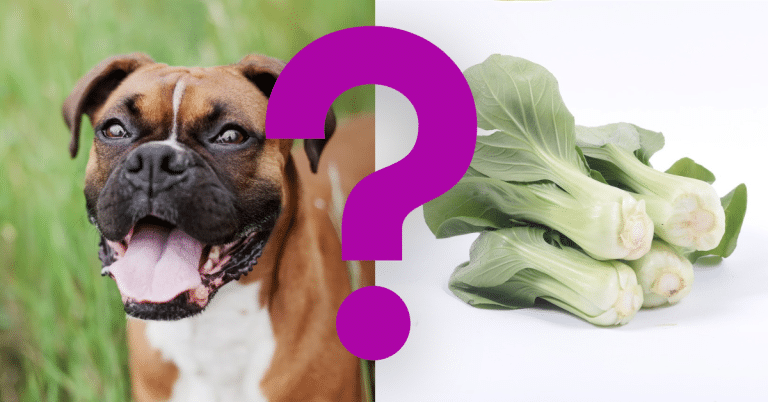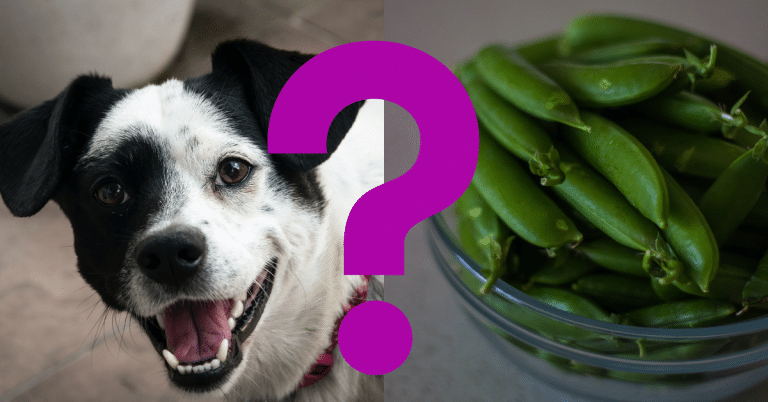Can Dogs Eat Cooked Shrimp? A Vet’s Opinion

Shrimps can be prepared in plenty of ways; you can either boil, steam, or grill it. The traditional way is to Sautee it. Shrimp should always be cooked thoroughly before eating. Cooked shrimp will also change color to either blue or pink. Cooked shrimp can be used in many cuisines and are a versatile food item, but can you feed cooked shrimp to your dog?
Yes, you can give shrimp to dogs. Shrimps contain a lot of essential minerals and nutrients. Moreover, shrimp meat is a rich source of protein as well. Protein is vital for muscle repairs and other essential body systems to work well. However, there are some safety precautions you need to take, as well as cooked shrimps, before you feed them to your dogs.
Let’s dive in:
Benefits Of Cooked Shrimp For Dogs
Shrimps are a fantastic source of protein for your dog. Proteins are the building blocks of systems and are vital in all the body’s systems. Moreover, protein is essential in repairing the body’s cells and also helps with the repair of muscles after wear and tear. Apart from this, shrimps are also a rich source of omega-3 fatty acids. Omega 3 fatty acids are pretty helpful if your dog has joint pains or obesity since they have anti-inflammatory properties. Moreover, if you have ever wondered how to keep your dog’s coat shiny and smooth, then the answer is feeding them omega-3 supplements. Apart from this, omega-3 fatty acids can also help with brain function and cardiovascular health.
Pancreatitis and obesity are some of the significant issues dogs face during their lifetime. Obesity is very uncomfortable for dogs since it also causes joint pain and difficulty walking. Obese dogs must have a strictly calorie-controlled diet. This is where cooked shrimp also helps. Cooked shrimp will make your dog feel satiated, so it acts as a good filler. Apart from that, shrimps are an excellent source of vitamins and minerals. Vitamins like vitamin B12, Vitamin E, iron, phosphorus, and selenium are abundant in cooked shrimp. These nutrients are essential in many bodily functions and contribute to the overall health and well-being of your dog. Your dog can quickly get bored of the food it eats, which will cause frustration and aggression in dogs. Hence it’s vital to stir things up a bit. Hence, adding cooked shrimp to your dog’s diet can provide different flavors, which will make lunchtime more enjoyable for your pet. This will also promote a balanced diet and will help to avoid nutritional imbalance.

How To Safely Give Cooked Shrimp To Dogs
The best way to feed any food to dogs is just to boil it and give it to your dog without adding any artificial seasonings, colors, or spices. Using sauces, oils, butter, and other flavorings can enhance the taste for humans but not for dogs. These flavorings can seriously make your dog ill. Moreover, these things are too rich in taste and nutrition for dogs, which will upset your dog’s gastric system. Another way to give cooked shrimp to dogs is to chop or shred them. You should de-shell the shrimp and cut and shred them so that dogs can quickly eat them. Moreover, you can add these pieces of these shrimp to other food items to make your dog’s food more flavourful.
Apart from that, shrimp mixed with dog food is the best way to give it to your dog. Shrimp can easily enhance the flavor of foods they are put in. However, you should ensure that the shrimp are thoroughly cooked and cooled before combining them with other meals. Homecooked meals for dogs are the best options and alternatives to commercial dog foods. Homemade recipes are suitable for your dog’s health. Shrimps combined with sweet potatoes, carrots, or oats can make for unique and nutritious treats. Shrimps, however, should be given with caution and moderation. Shrimps should not make up the bulk of your dog’s dietary needs or shouldn’t be its primary food source. Overfeeding shrimp will cause potential digestive issues.
Will Cooked Shrimp Make A Dog Sick?
Cooked shrimp can still make your dog sick in more ways than one. Allergies are the critical reason; you should be careful when feeding cooked shrimp to your dogs. Humans have allergies to some foods, including seafood. Similarly, your dog can undergo allergies related to shrimps as well. Some of the typical allergy symptoms include itching, hives, swelling, vomiting, diarrhea, or difficulty breathing. You should always give shrimp in a limited quantity to your dog and observe your dog before you add more. If you see any of these symptoms, discontinue giving the shrimp immediately and contact your dog’s vet. If you are not careful with slowly introducing shrimp to your dog’s meals, then there is a chance that your dog might have a severe gastrointestinal reaction to it. Dogs have a sensitive stomach; hence, if they are given something to eat which is not a part of their regular diet, chances are that their stomach will be upset. This could also result in diarrhea, loss of water, and weakness.
Cooking shrimp is also very vital and essential; raw shrimp can result in foodborne illnesses making their way to your dog. Bacteria like vibrio and salmonella cause infections that are quite dangerous if left untreated. Lastly, it is essential not to use any seasonings when making shrimp for your dog; garlic, onion powders, or excessive salt are a kind of poison for your dog. Shells and tails provide no nutritional value to dogs and hence should permanently be removed when making seafood for dogs. These shells and tails can be a choking hazard and will be difficult for your dogs to digest as well.

Vet’s Summary
In the end, giving shrimp to your dog is good due to the nutritional benefits they provide. Shrimps are an excellent source of protein and omega three fatty acids. Moreover, they are low in fats and contain many essential vitamins and minerals. Hence, with just a few precautions, like avoiding seasonings and removing the tails and shells, cooked shrimp can become an excellent addition to your dog’s diet. However, moderation is the key here; shrimps must not replace the primary source of nutrition for your dog. Along with shrimp, you should add probiotics to your dog’s diet. Probiotics are live microorganisms that can provide several health benefits to dogs. They help maintain a healthy balance of good bacteria in the gut, which can improve digestion, boost the immune system, and reduce inflammation. Probiotics can be particularly beneficial for dogs with digestive issues or those who have been on antibiotics, which can disrupt the natural balance of gut bacteria. Adding probiotics to your dog’s diet can be done through supplements or by feeding foods that contain probiotics, such as yogurt or kefir.
Videos To Watch
If you are wondering what related foods are good to give your dog, watch this:
And if you want to know what a dog can NOT eat, watch this:






